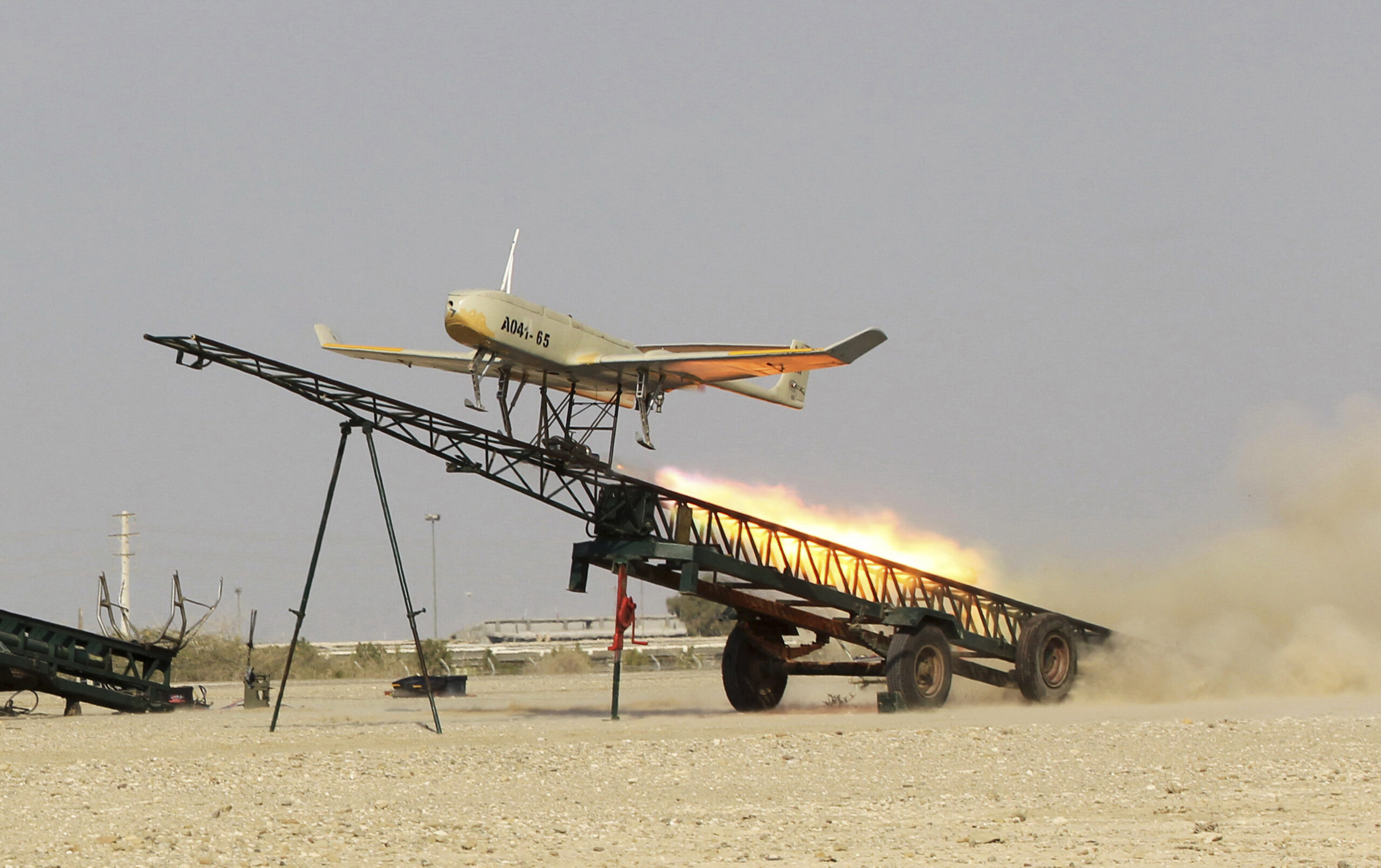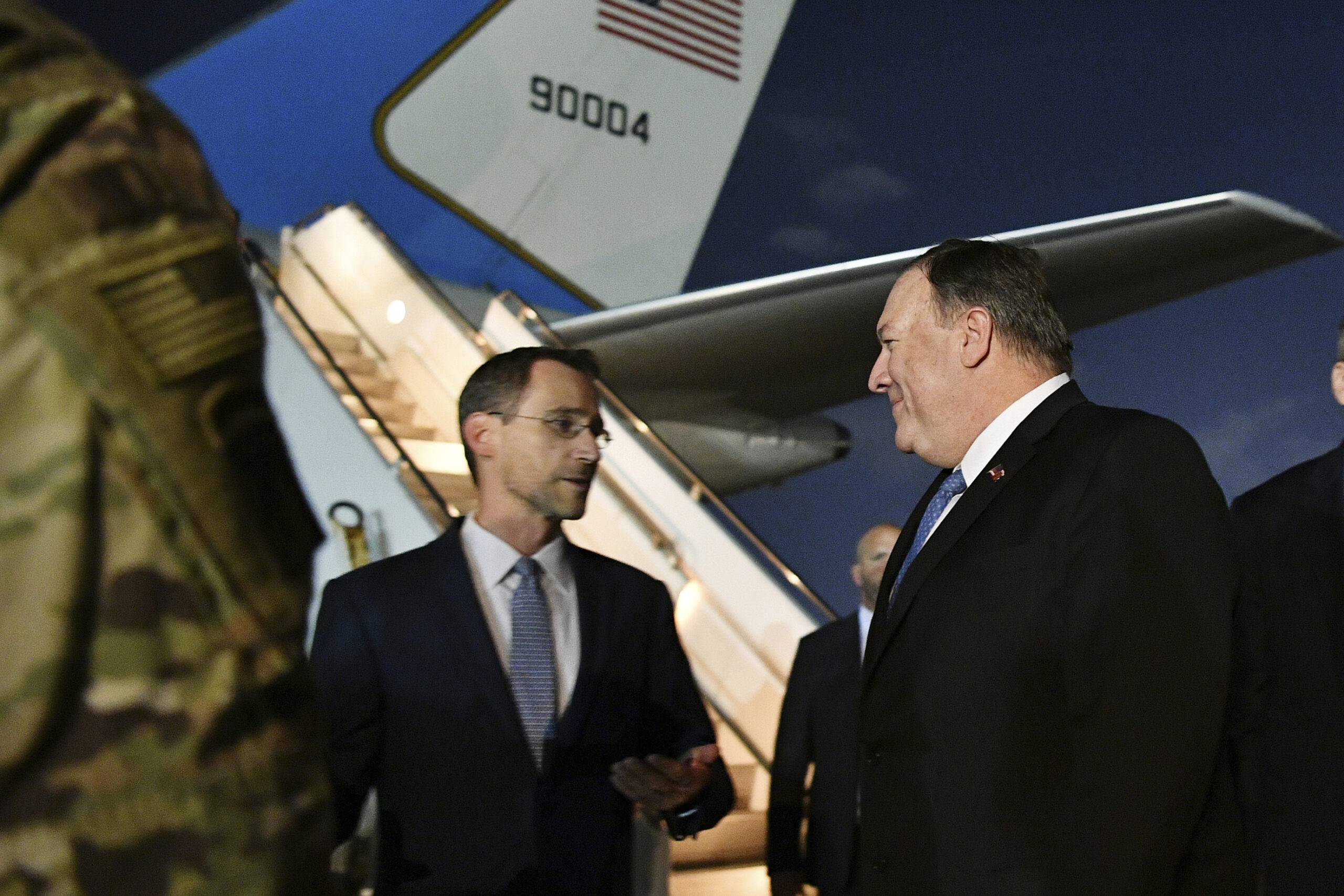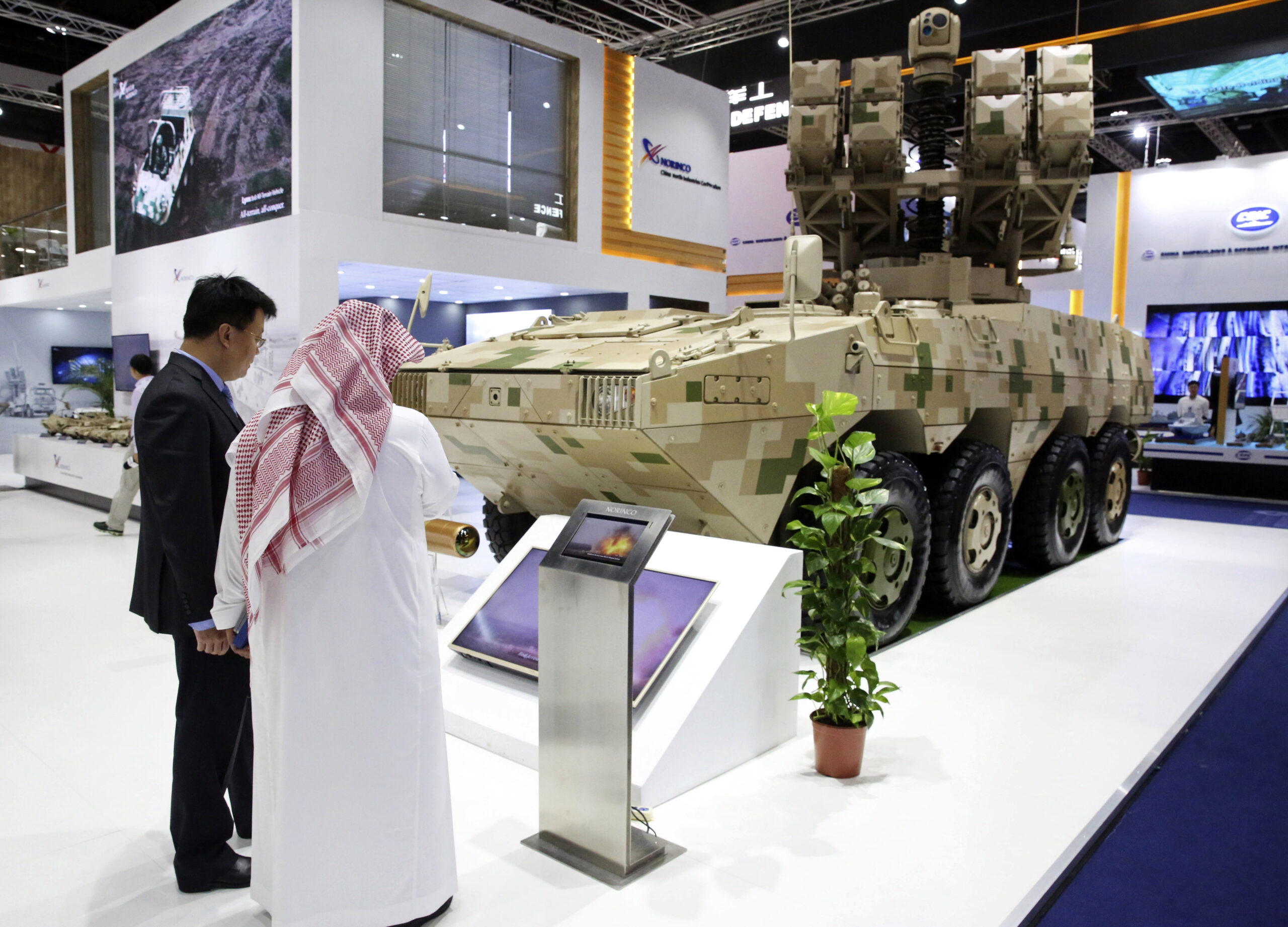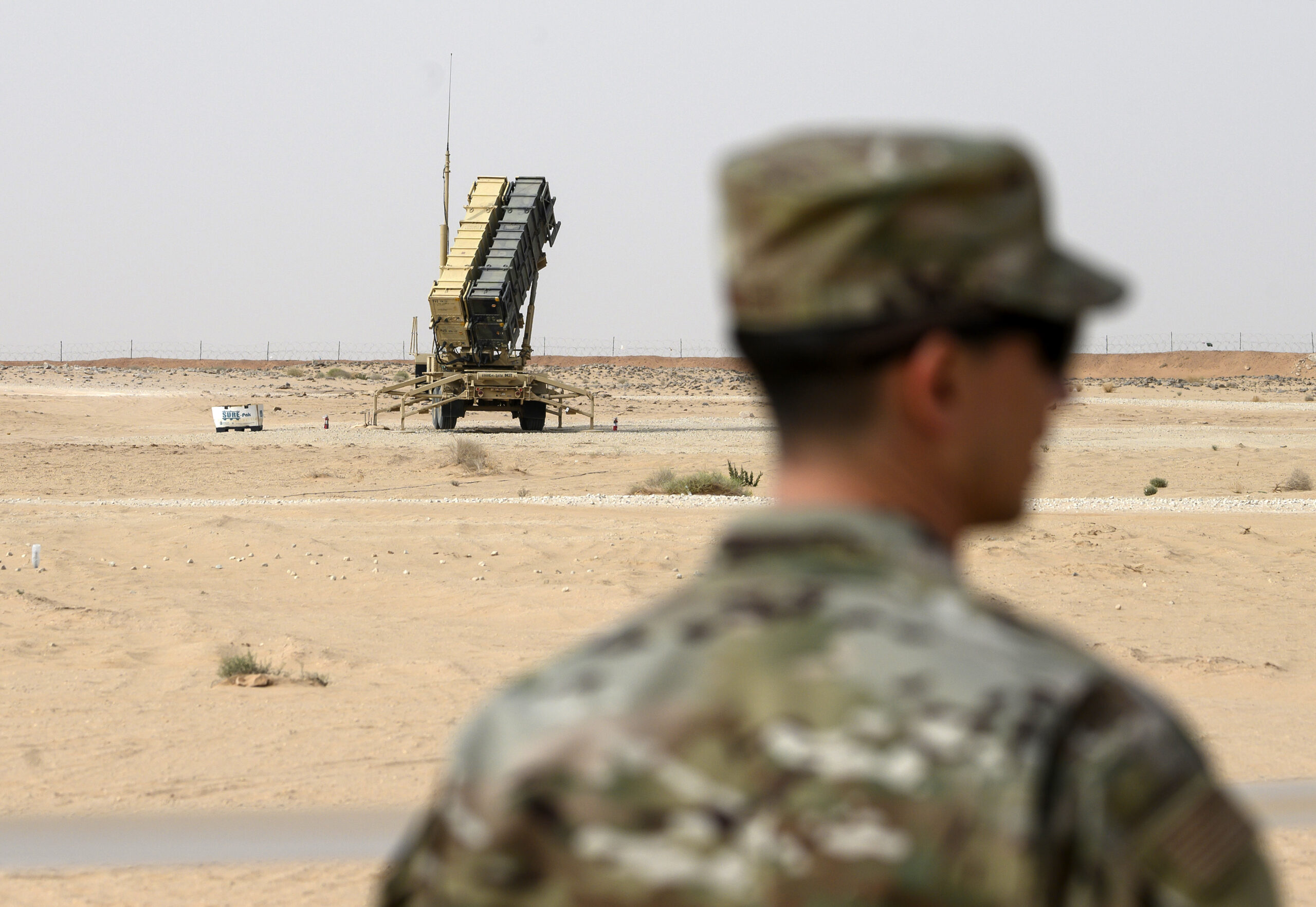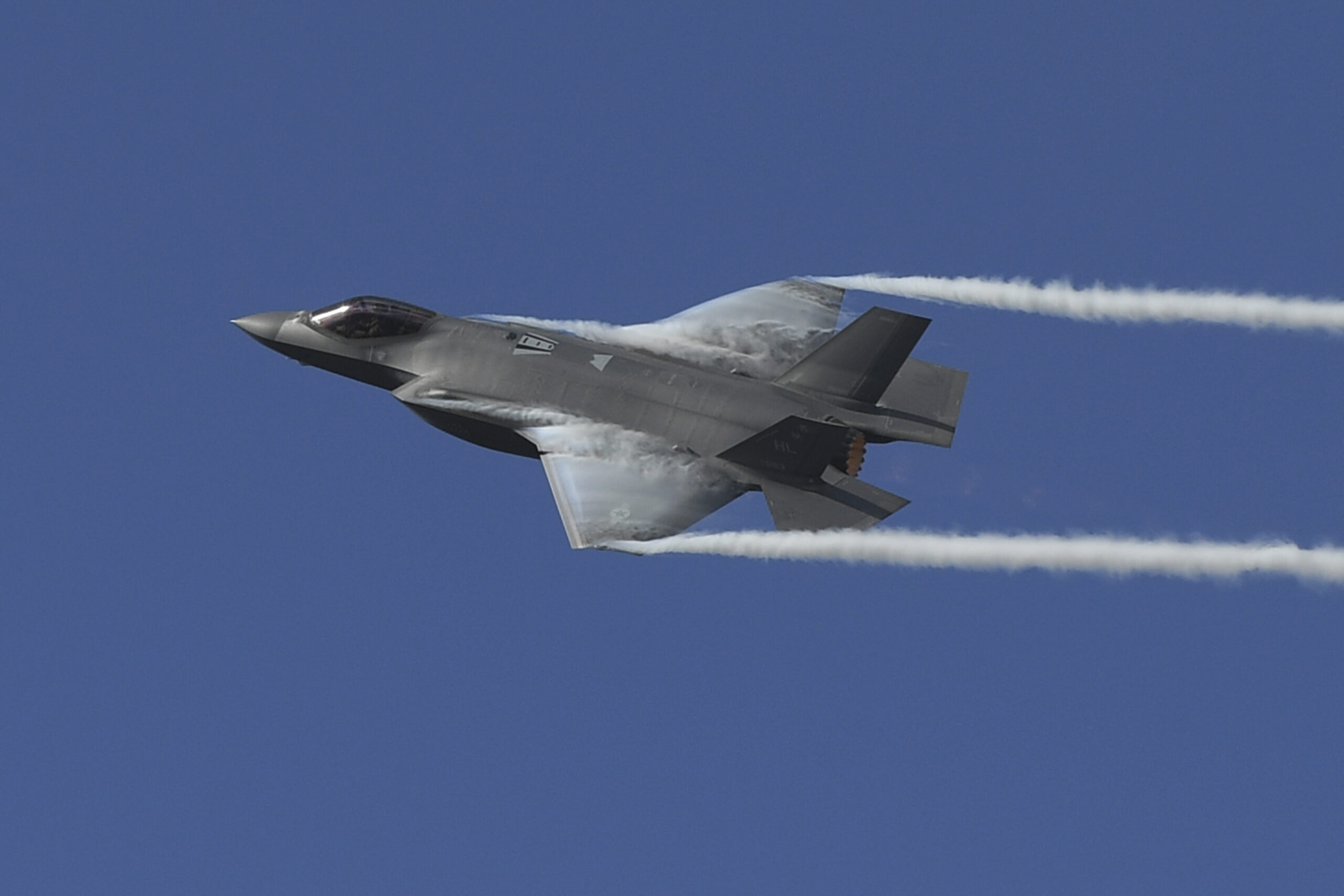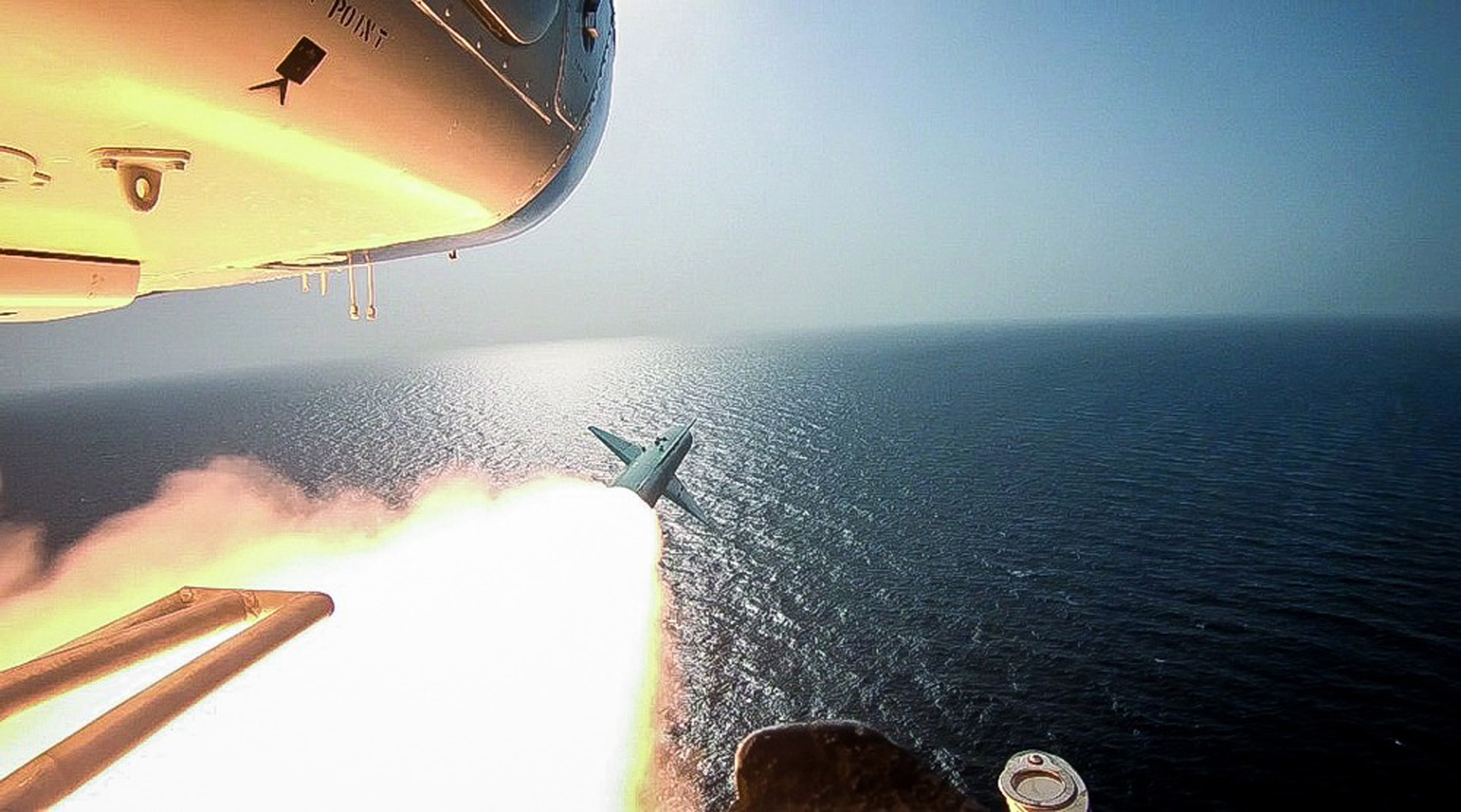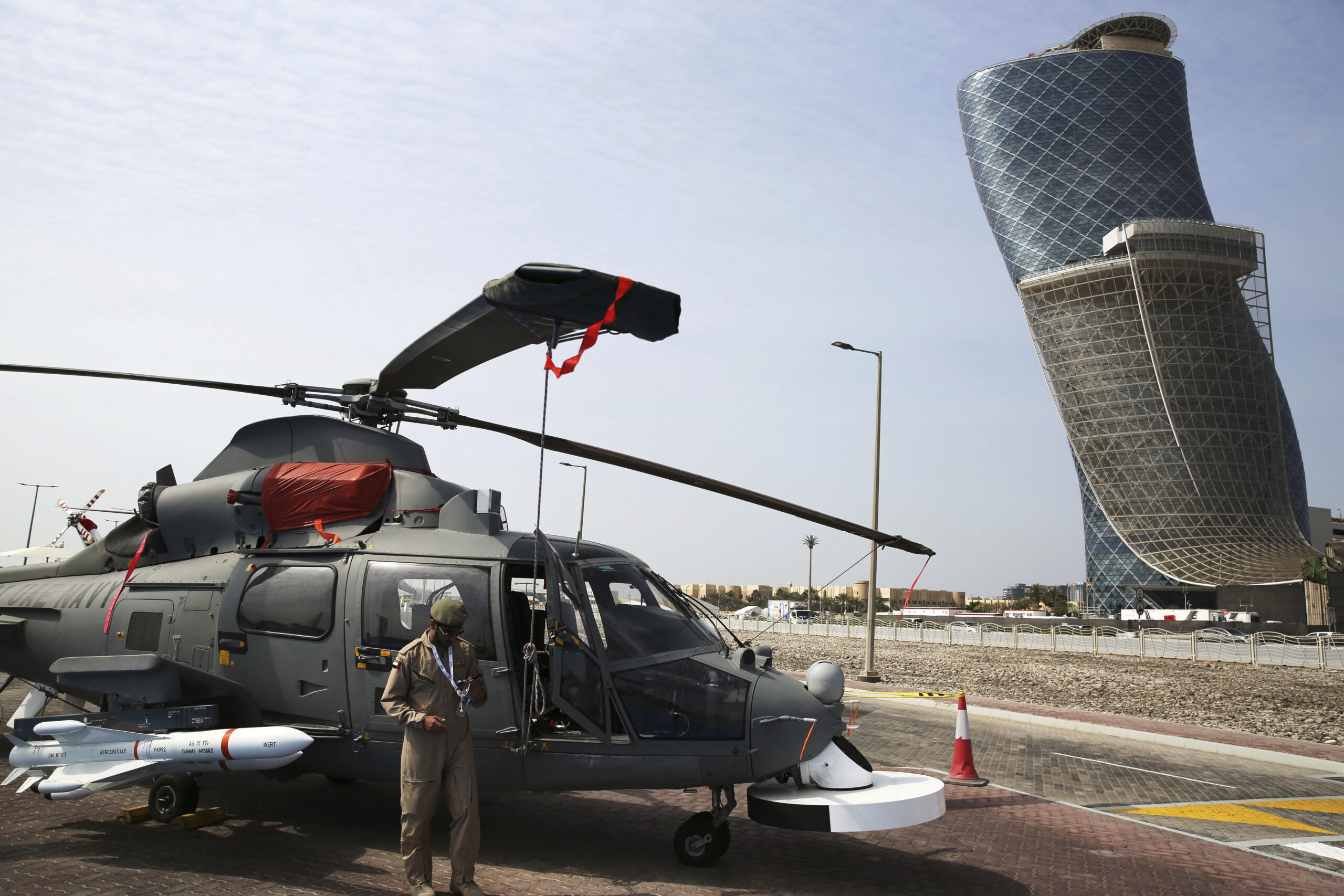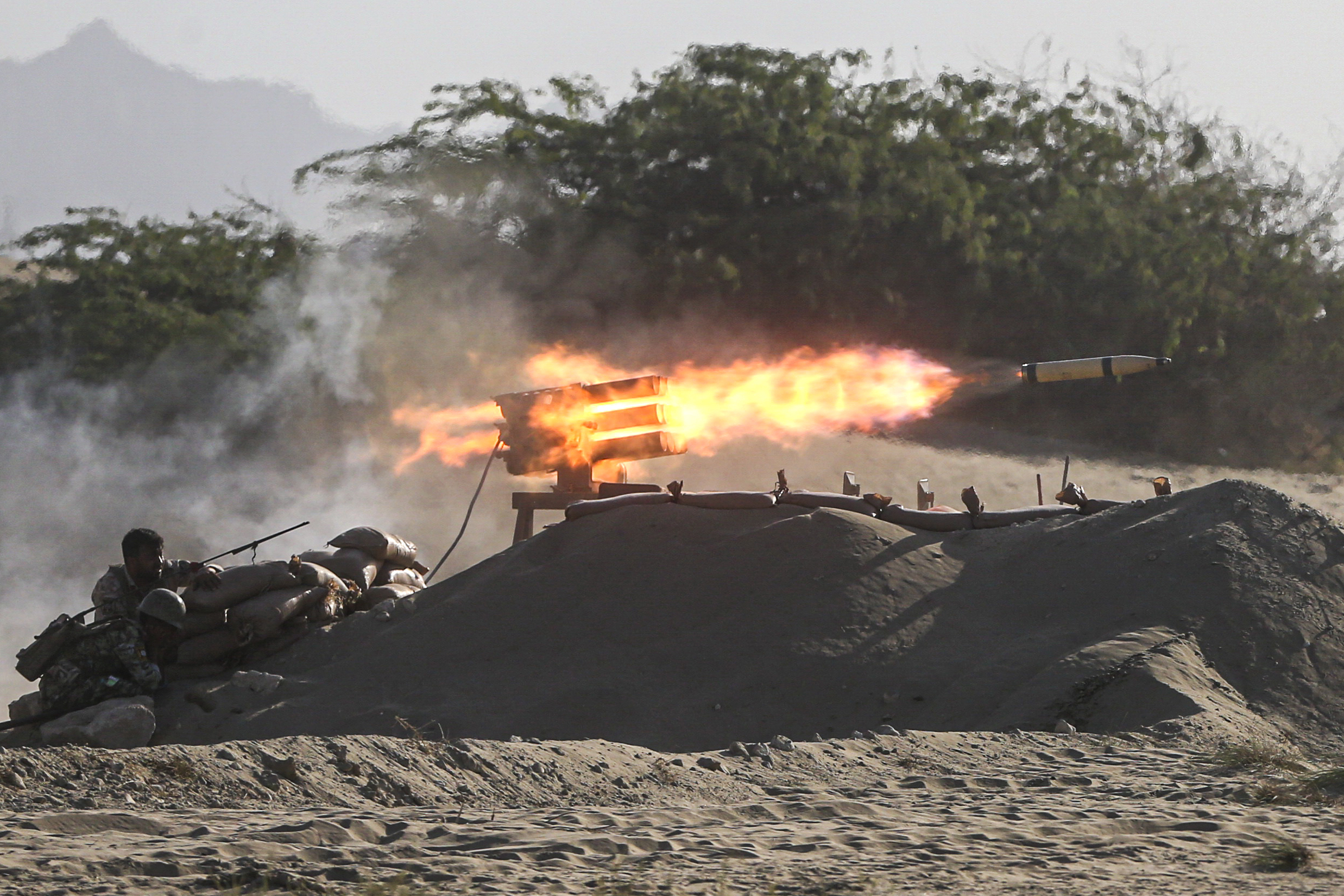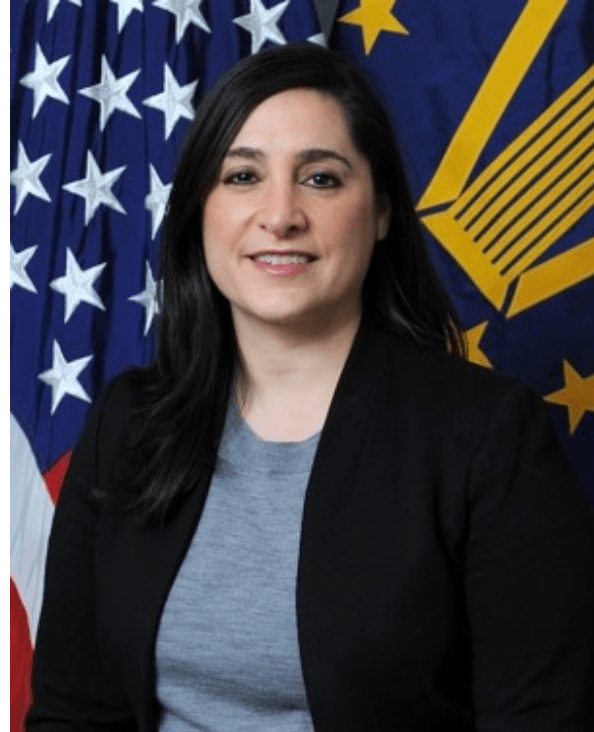Dominance versus Disruption: Asymmetry in Gulf Security
This paper examines the defining characteristics of asymmetrical hostilities, in particular, the imbalance created when different security objectives – dominance or disruption – come into play.
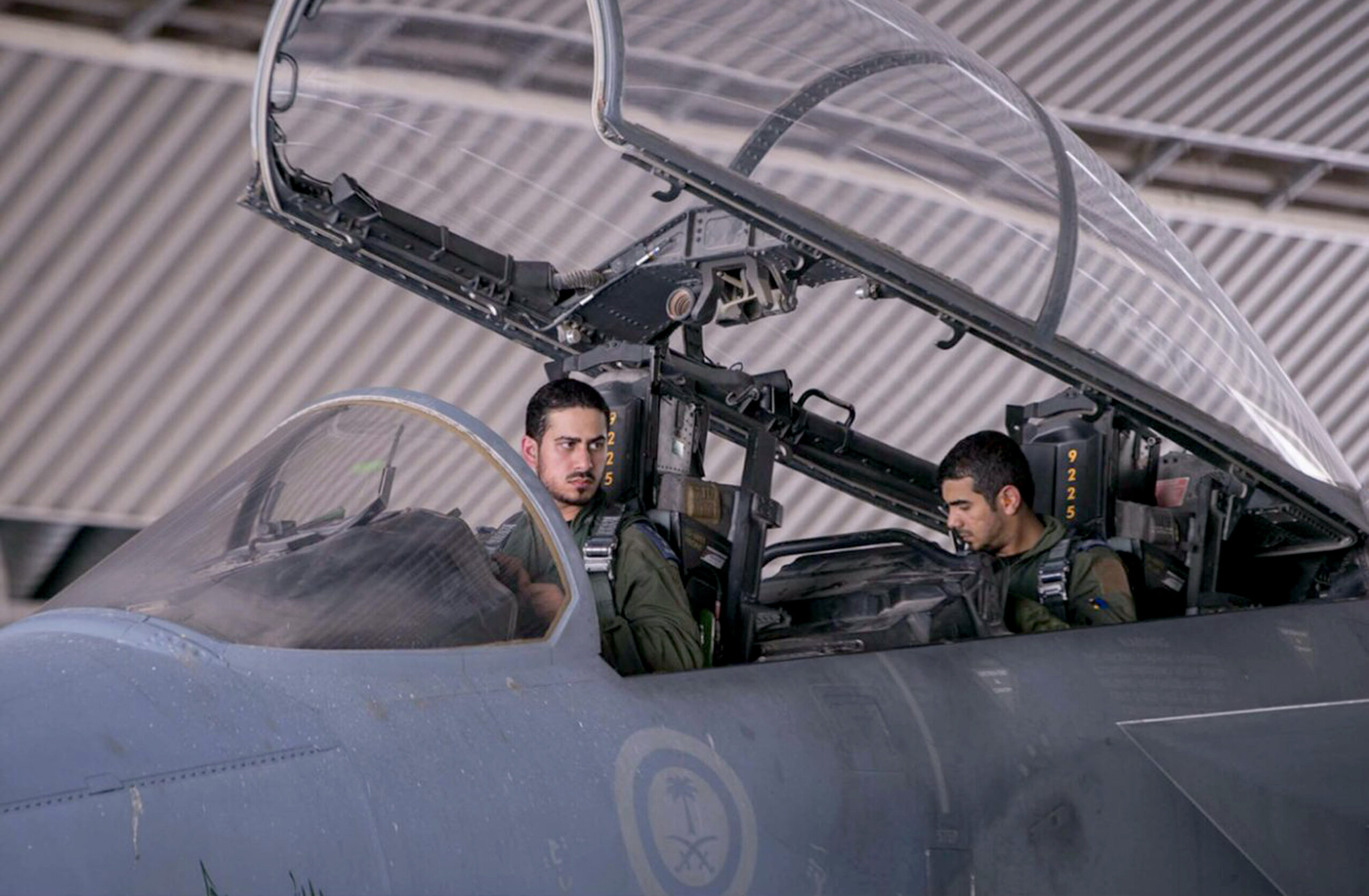
Executive Summary
The Gulf Arab states and Iran have very different security objectives that require disparate financial outlays to meet their strategic goals. Gulf Arab states spend a massive amount of money on defense and they outspend Iran many times over. Iran generally is able to achieve its security aims efficiently and certainly less expensively than are the Gulf Arab states. While this imbalance has prompted considerable discussion, this paper considers the contrasting security objectives of the Gulf Arab states and Iran as a major cause.
This paper analyzes the security objectives of the Gulf Arab states and Iran. It shows that the Gulf Arab states can only prosper if they or their Western partners (notably the United States) dominate their security area of interest. They cannot survive long if sea or air lanes are closed; they are integrated into the global economy in a manner that requires uninterrupted commercial and military traffic; and any disruption damages their security.
Iran, on the other hand, can generally achieve its security aims if it simply disrupts the regional security environment. Disruption is far cheaper than domination – a spoiler strategy can achieve its aims at a fraction of the cost of that of a rival, who must maintain smoothly operating international trade.
By categorizing the security objectives of the Gulf Arab states and Iran as either dominance or disruption, analysts can better understand relative disparities in defense resources.
Correction: This paper originally stated the Kuwaitis fly F-15 fighters developed by the U.S. Air Force. Kuwait flies F-18 fighters developed by the U.S. Navy.
The views represented herein are the author's or speaker's own and do not necessarily reflect the views of AGSI, its staff, or its board of directors.

